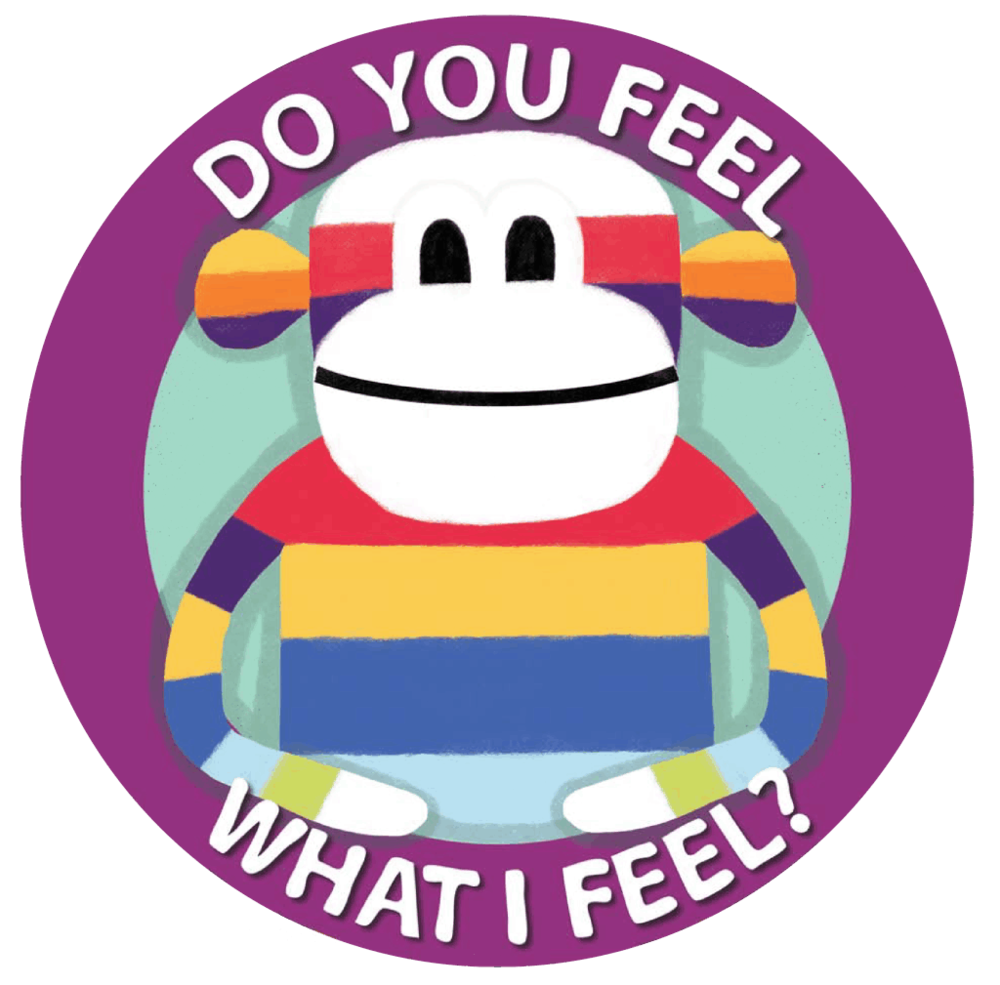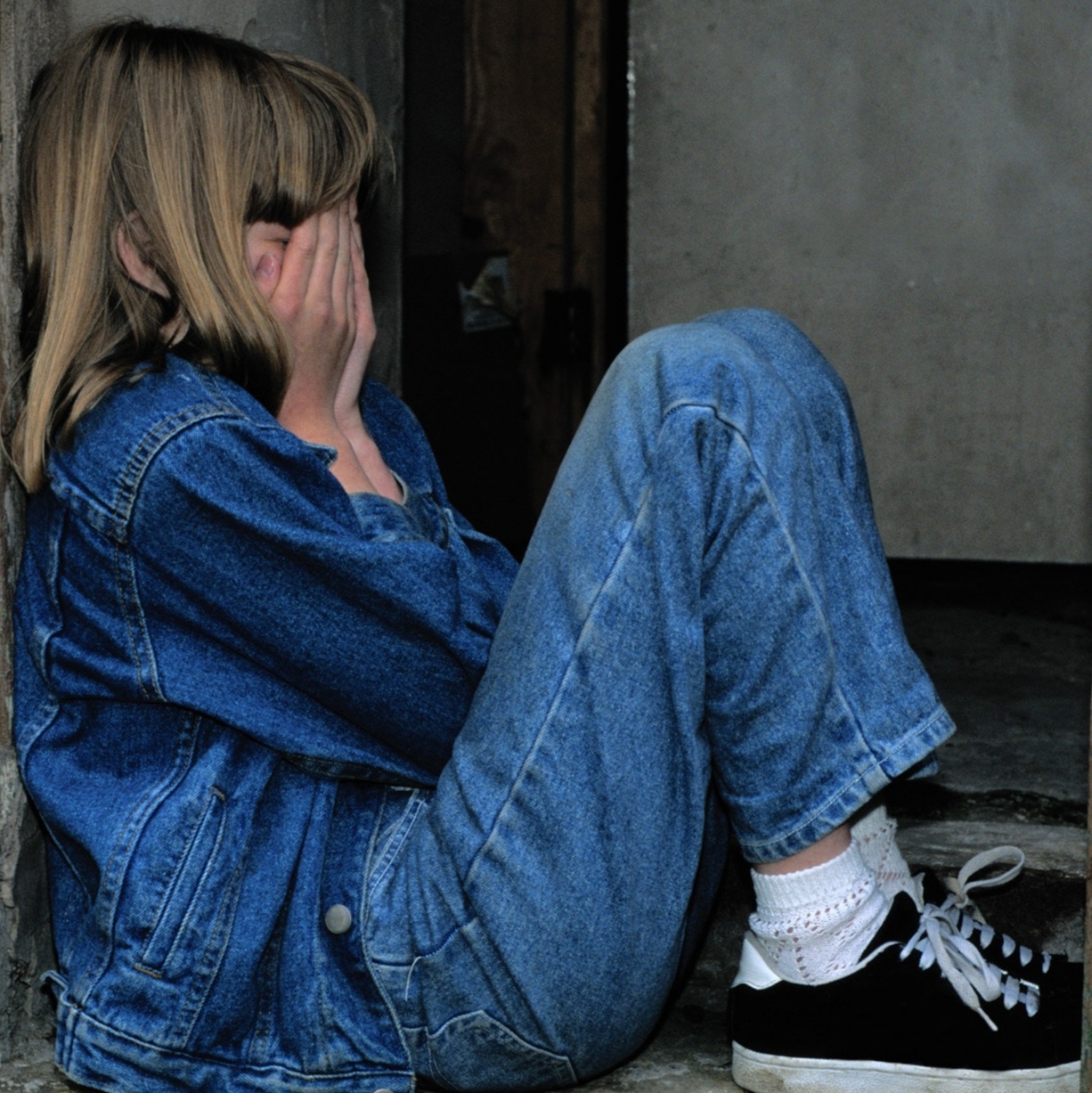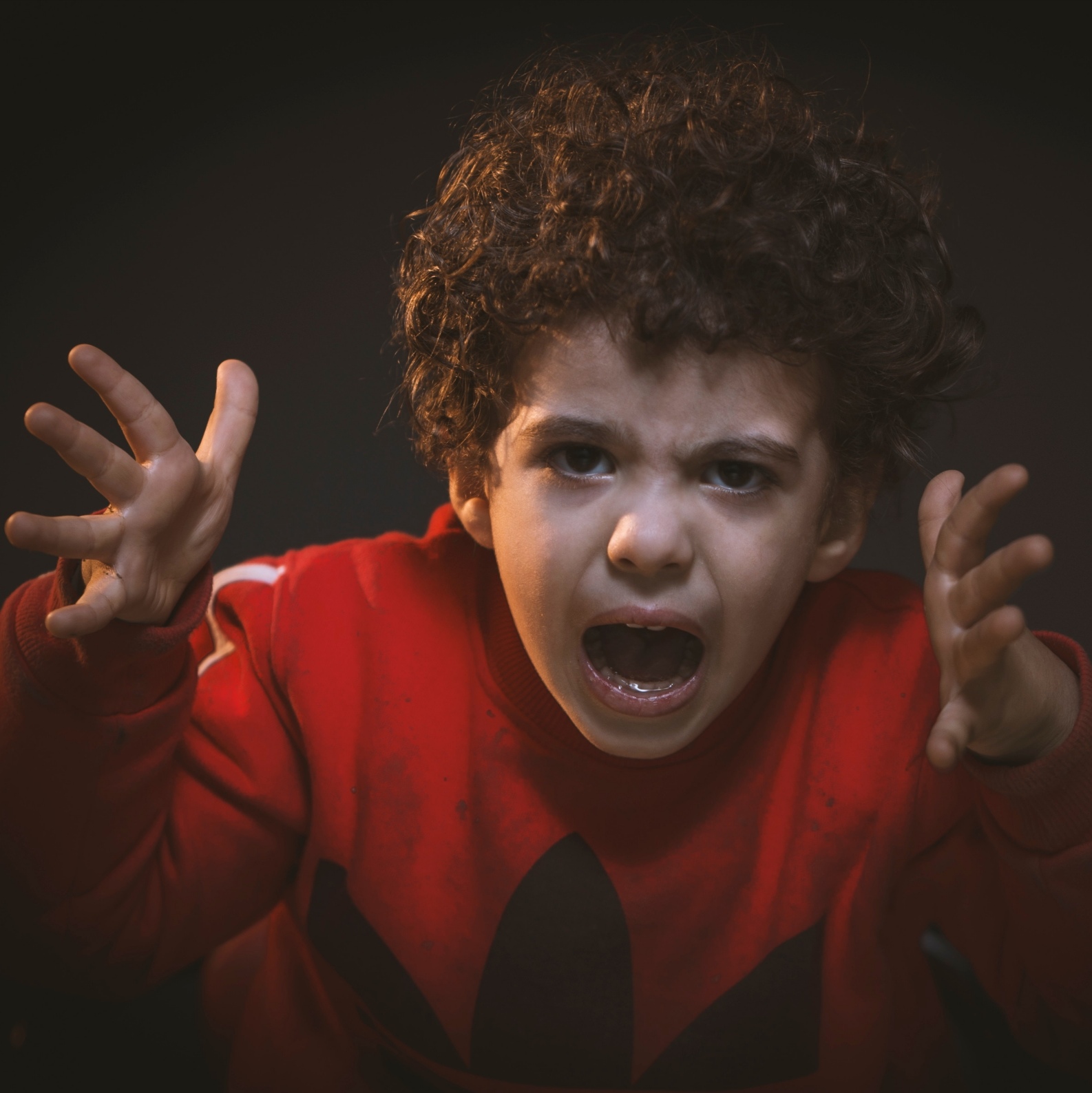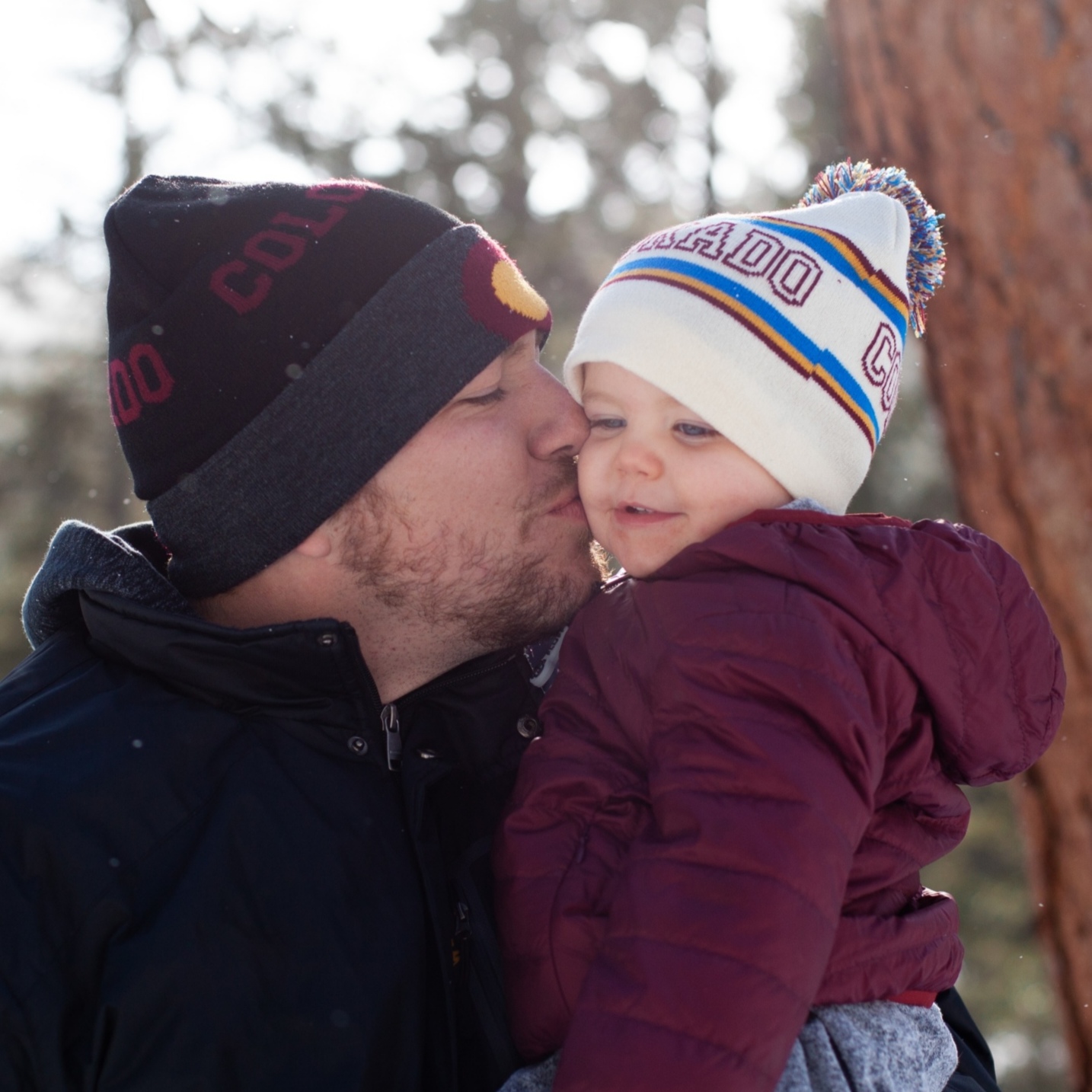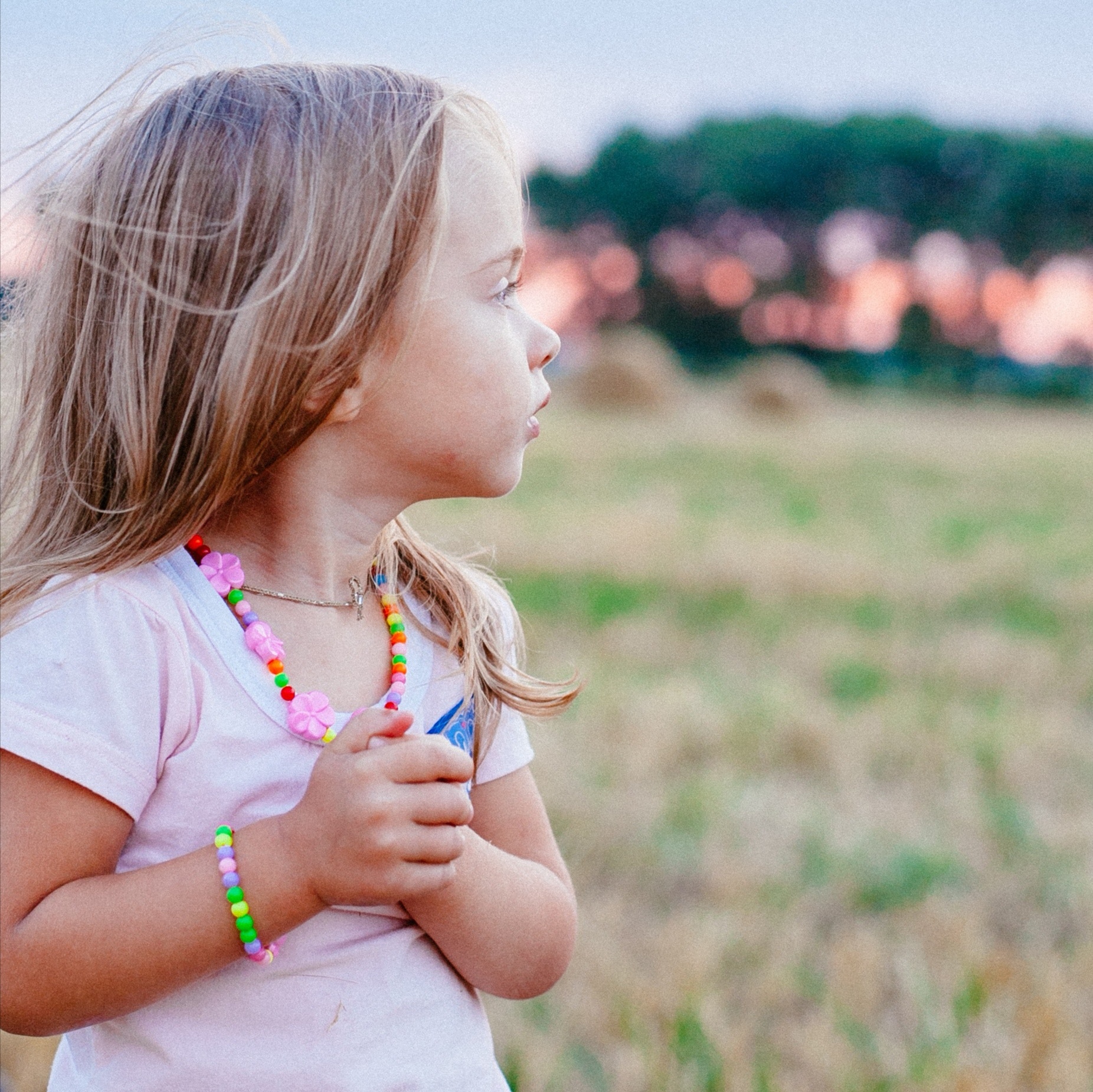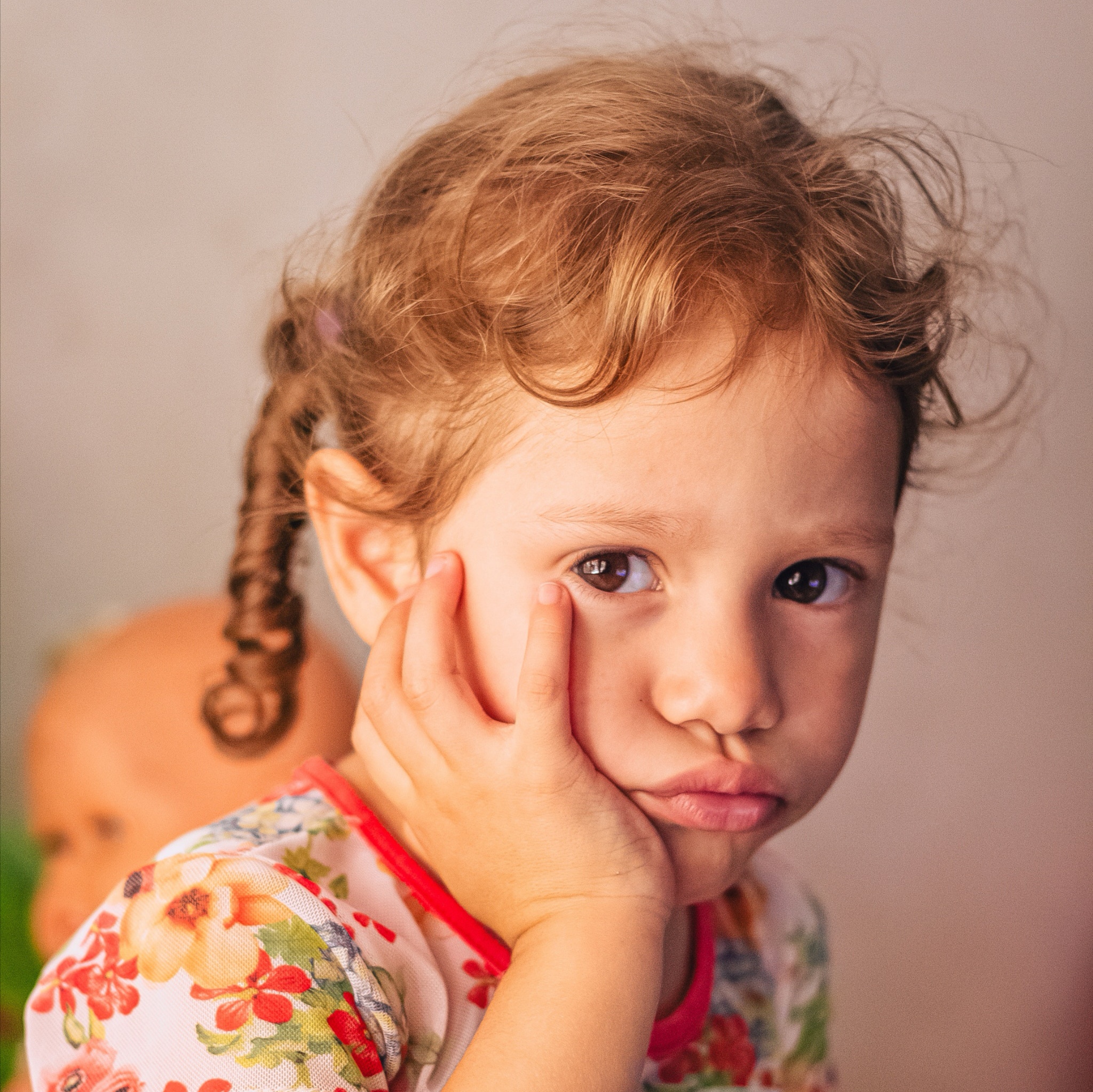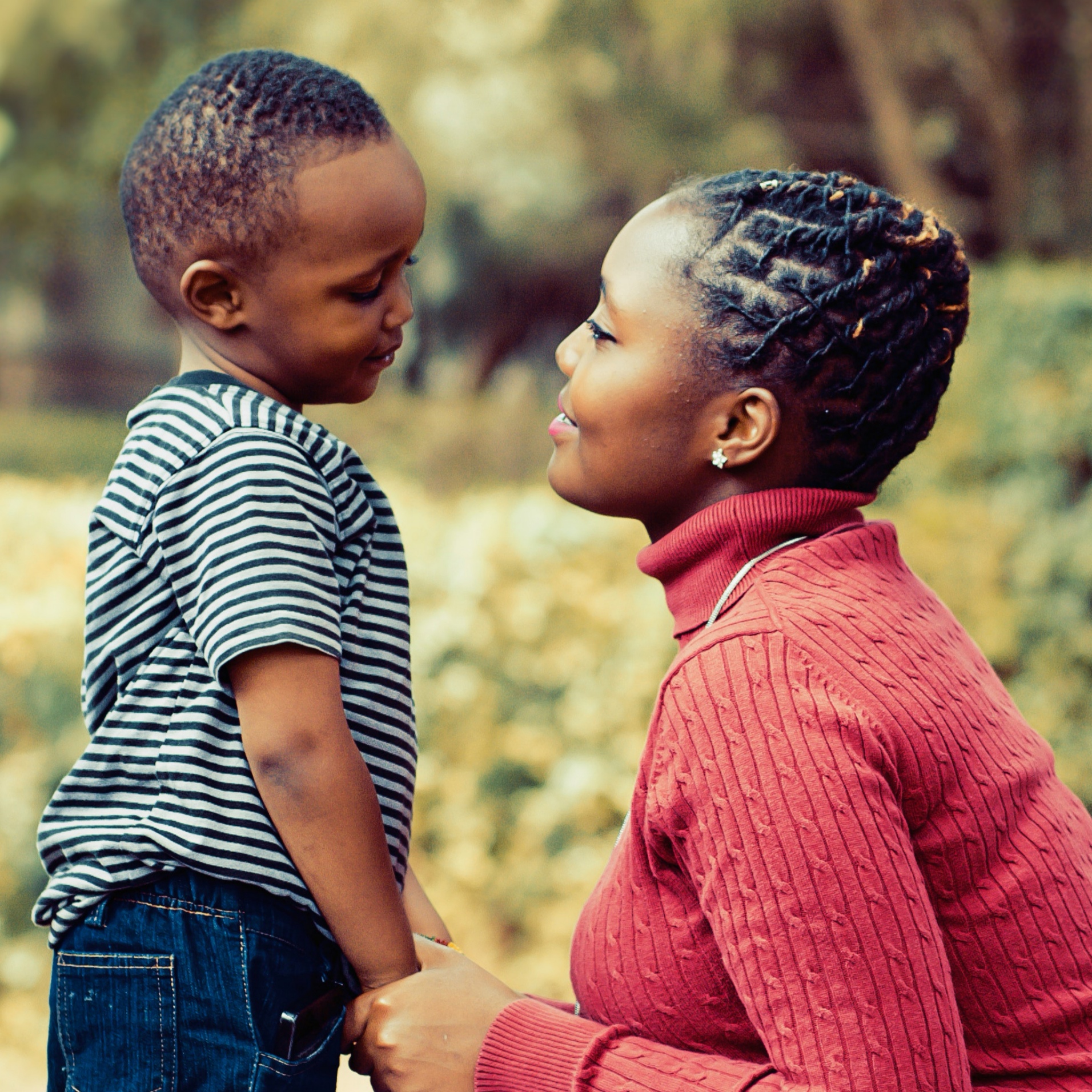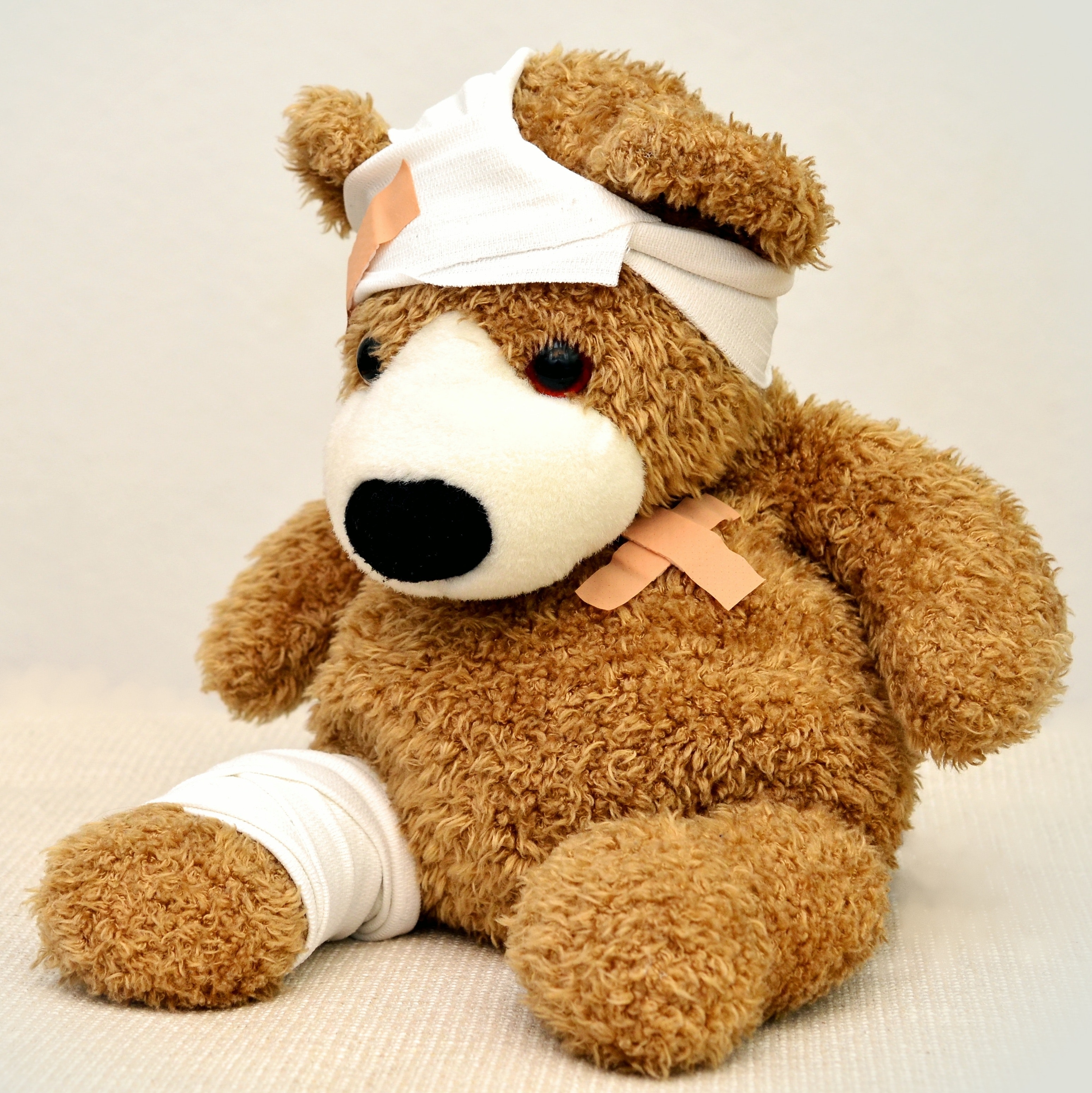This set of resources can be used by professionals working with children and young people in a variety of different settings.
We work with nurseries, schools & educational settings, hospitals, GP surgeries & medical settings, and with child-orientated services such as CAMHS (Child and Adolescent Mental Health Services) and CAFCASS (Children and Family Court Advisory and Support Service).
You might find this section useful if your work involves working closely with children and young people who are struggling with their emotions. We work with a wide range of professionals, including:
teachers, teaching assistants & nursery workers
doctors, nurses, psychologists & medical professionals
counsellors, domestic abuse support workers & social workers
Trauma & Recovery
There are all kinds of things that can cause childhood trauma, including medical procedures, accidents and ongoing abuse. There are also lots of different ways that children can be helped to recover from the trauma they experience. Visit the trauma & recovery page to find out more.
Anger Management
Anger is a perfectly normal emotion. And when it comes to helping children with anger, the first thing we tell them is that it’s ok to feel angry. What isn’t normal or acceptable is when anger becomes aggression. The distinction between angry feelings and aggressive behaviour is a really important one. Have a read of our anger management page to find out more.
Healthy Relationships
Children learn about relationships from their adult role models. So a child who grows up around healthy adult relationships is more likely to develop their own healthy relationships than one who sees unhealthy behaviours in the adults around them. That’s why healthy relationships work is so important for professionals who work with children. Take a look at our healthy relationships page for more information.
Communication
The development of communication skills – at a pace that suits the individual – is a really important part of every child’s development. Even as adults, we can sometimes struggle to articulate the way we’re feeling. So for children – particularly those who are struggling with their emotions for whatever reason – developing new communication skills can make a huge improvement to their lives. Visit our communication page to find out more.
Mental Wellbeing
When we talk about children’s mental health, we tend to describe two things: Mental wellbeing is a general emotional state, which can be positive or problematic (which is where mental health problems can arise). Mental health problems are emotional conditions that stop children from living a normal life. To find out more about mental wellbeing and mental health issues in children, visit our mental wellbeing page.
Behaviour Change
There are lots of reasons why a child might display negative behaviours. They could be frightened, frustrated or confused and unable to cope with or describe their thoughts and feelings. They might have learnt the negative behaviour from the adults around them. Or they might be responding to a new situation – such as the arrival of a new sibling, moving house or domestic abuse. To find out more, take a look at our behaviour change page.
Building Trust
Building trust is crucial if you work in a professional capacity helping people open up about their wishes and feelings. It’s not something that happens overnight. Building trust requires commitment, perseverance and patience. You need to make a genuine connection if you’re going to make real progress. You need to show empathy, use active listening skills and be clear that you want to help. Visit our building trust page to find out more.
Supporting Children & Young People With Disclosures
For professionals working with children and young people, handling disclosures of child abuse can be one of the most difficult things to deal with. On average, a child makes eight attempts to disclose abuse before any action is taken, so it’s really important – if you work with children and young people – that you know what to do in this situation. Read our handling disclosures of child abuse page for more information.
Visit our advice for professionals page for more about how we can help you. Or take a look at our training page to find out about our professional training programmes. To order Monkey Bob and the Do You Feel What I Feel? toolkit, visit our online shop.
